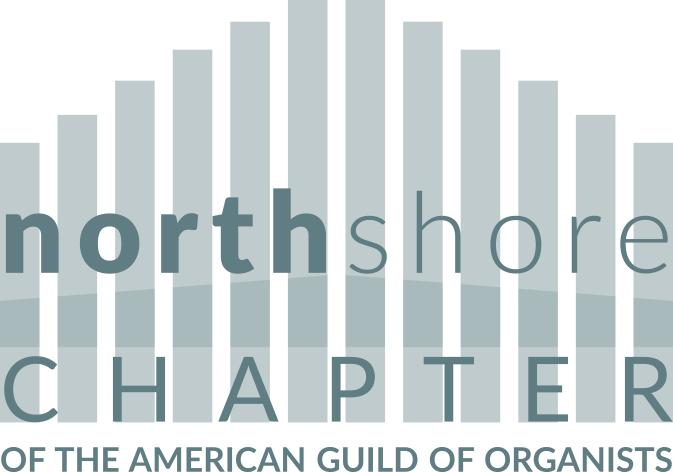Kirsten Santos Rutschman
As the energy of fall swirls around and students return to school, I am drawn back to the whirlwind first days of my freshman year at Stanford University, where I promptly failed to make the cut for private piano study. Not to be deterred for long, I noticed that the course catalog included a listing for beginner’s group organ lessons—a swell silver lining, one might say. Coming from a family of church musicians, I had played occasional hymns and other service music on manuals only, but had never seriously contemplated the instrument. This was my chance, and I haven’t looked back! After foundational study with Dr. Robert Huw Morgan (which began with his “sheep dip” method: each student had a brief turn at the task before the next student was “dunked” into the pool of notes), I went on to study with Frederick Frahm; Lars Åberg and Karl Wikenståhl in Sweden; and Dr. Robert Parkins of Duke University, interspersed with holding parish positions and a great deal of subbing.
While young organists are a rare species in this country, it was refreshing to spend a year studying alongside a whole class of church-musicians-to-be at an educational institution run by the Church of Sweden, learning local liturgical and hymnodic traditions alongside solo repertoire. Since full-time organist positions continue to be a viable career path in that country, most of my classmates now occupy such roles, with tales of fantastical working conditions (one Sunday off per month—imagine that!). For me, however, organ is an important endeavor complementing my work as a historical musicologist. Indeed, I wore my proverbial academic hat to the 2014 National Convention in Boston, where I delivered a scholarly paper on “Tournemire’s Improvisation on Victimae Paschali: Audio vs. Transcription.”
During the short two years that I lived in Chicago, I wish that I had had the chance to get to know more North Shore chapter members. This summer I relocated to Saint Louis, where I have the joy of playing for a social justice–seeking Presbyterian congregation, a wonderful Sunday counterpart to my weekday work teaching music theory courses at Saint Louis University and Webster University. Thanks to this column, I note with a certain satisfaction that the pivotal moment that sparked my organ study neatly divides my life into two periods of equal length. From this point forward, my time as an organist will grow ever longer than the time when I was “only” a pianist, and I look forward to many more decades of supporting voices raised in song. I wouldn’t have it any other way.
Kirsten Santos Rutschman

